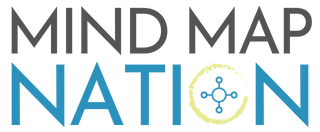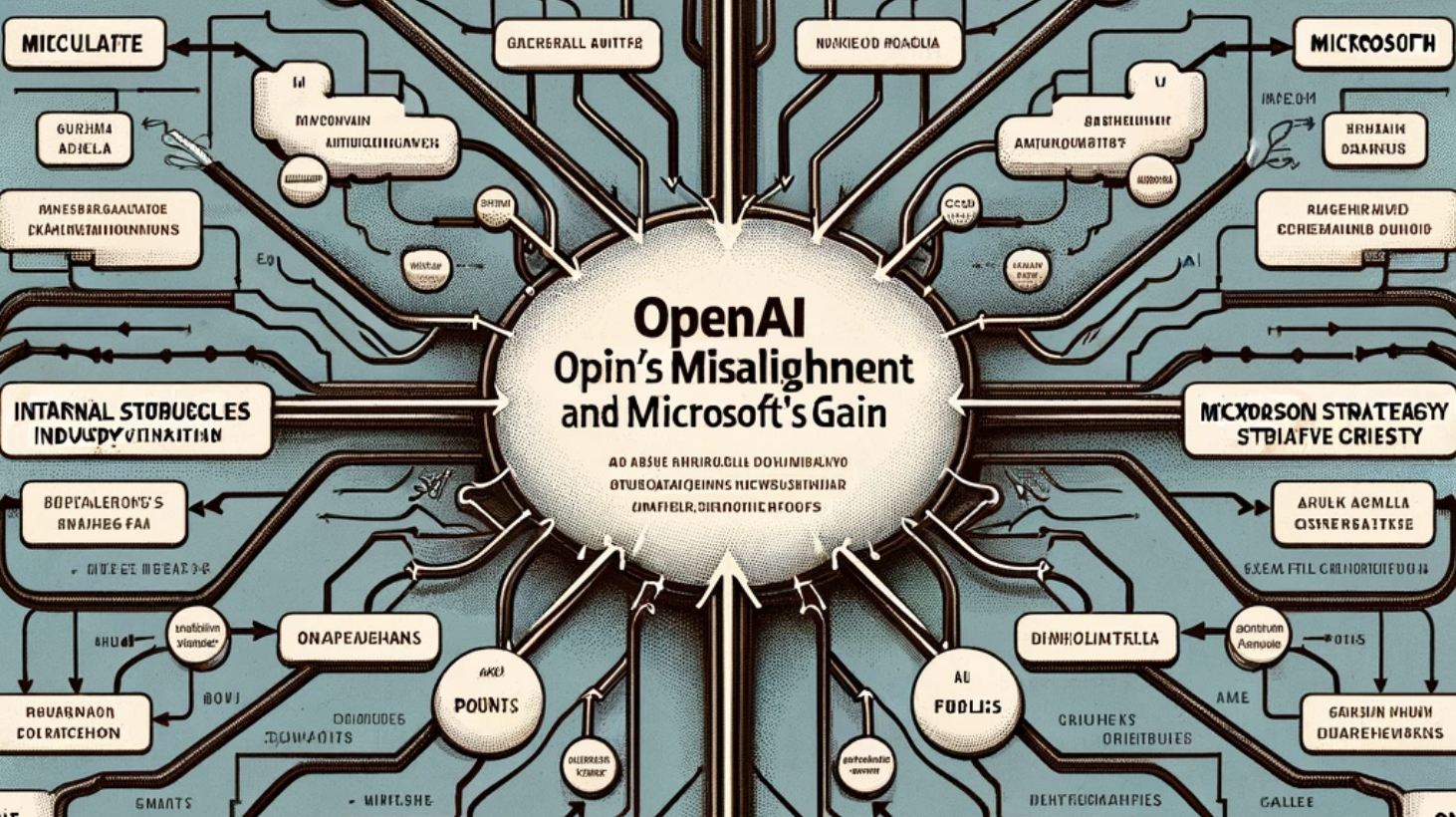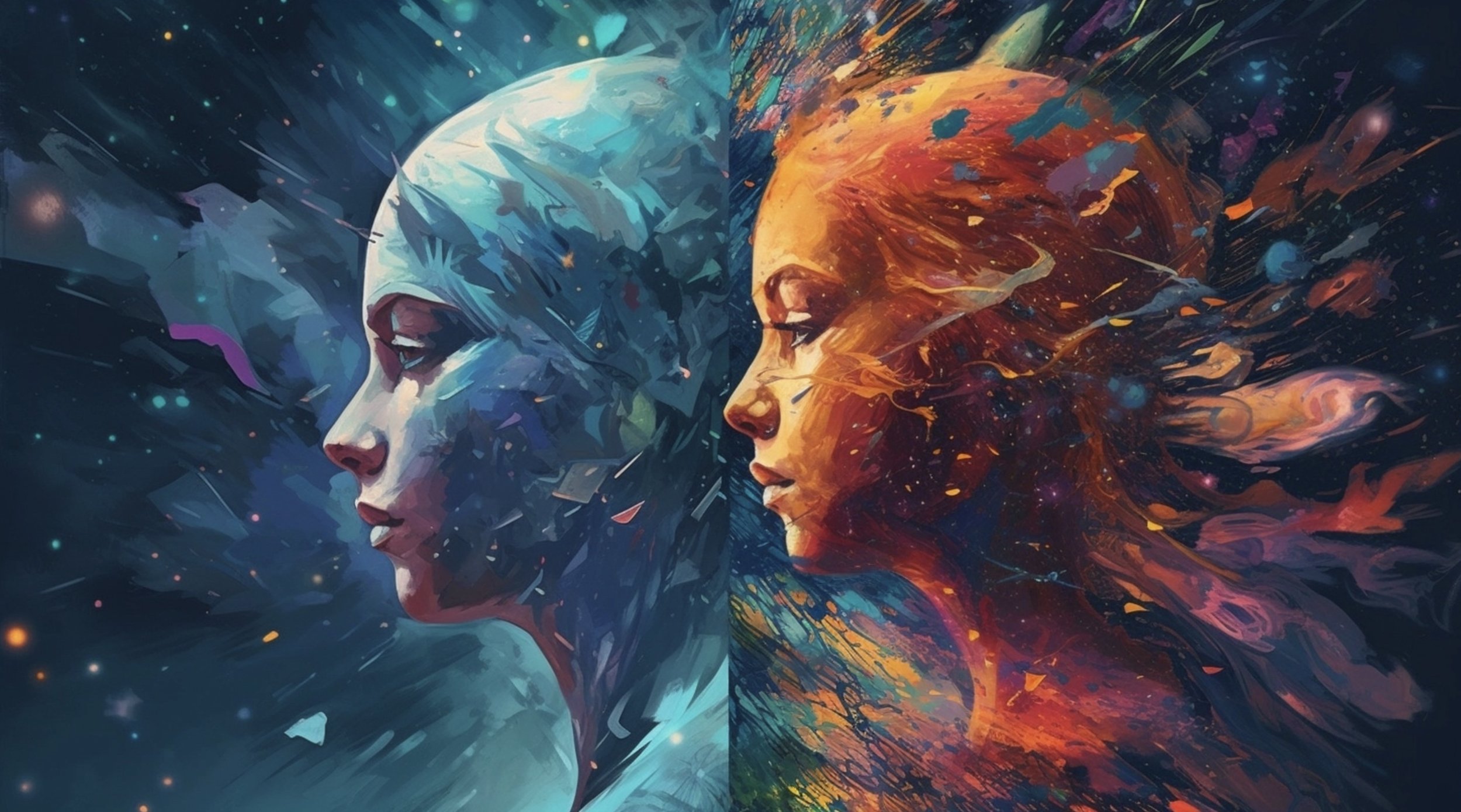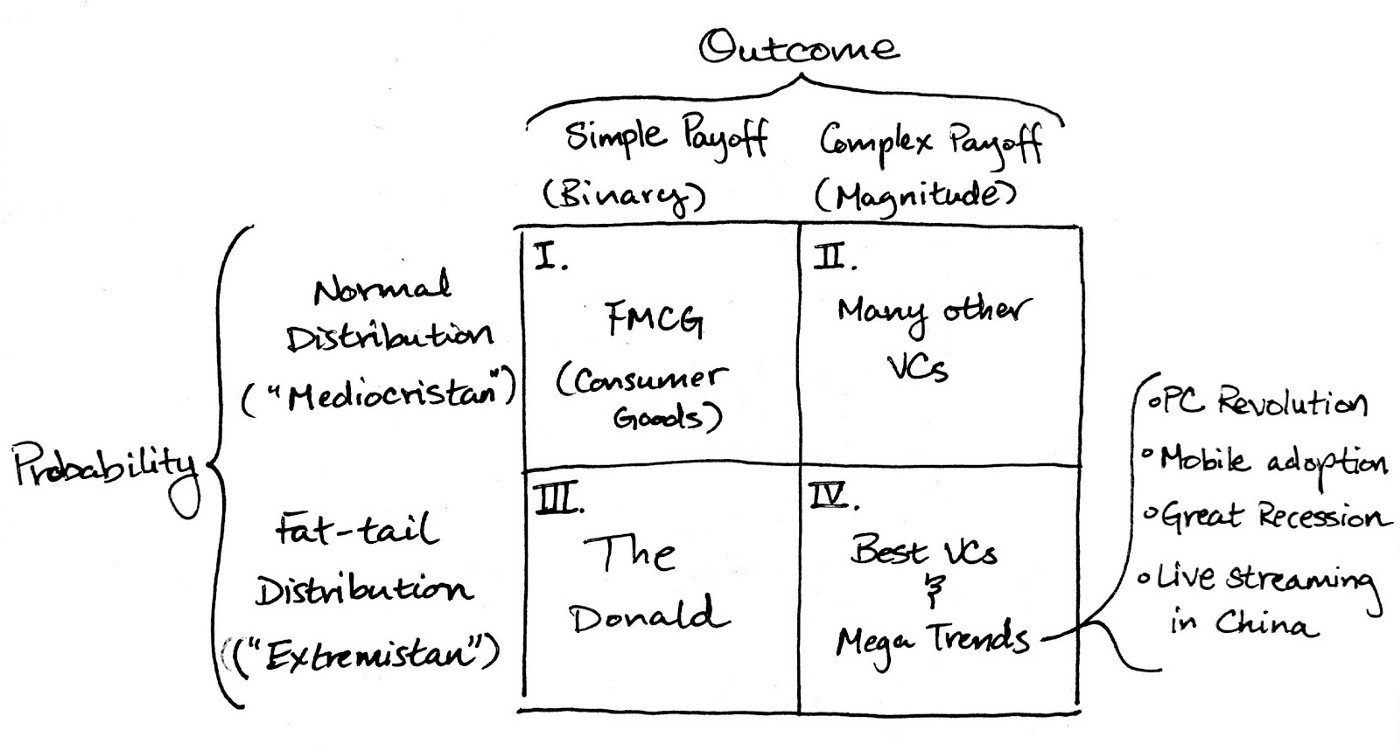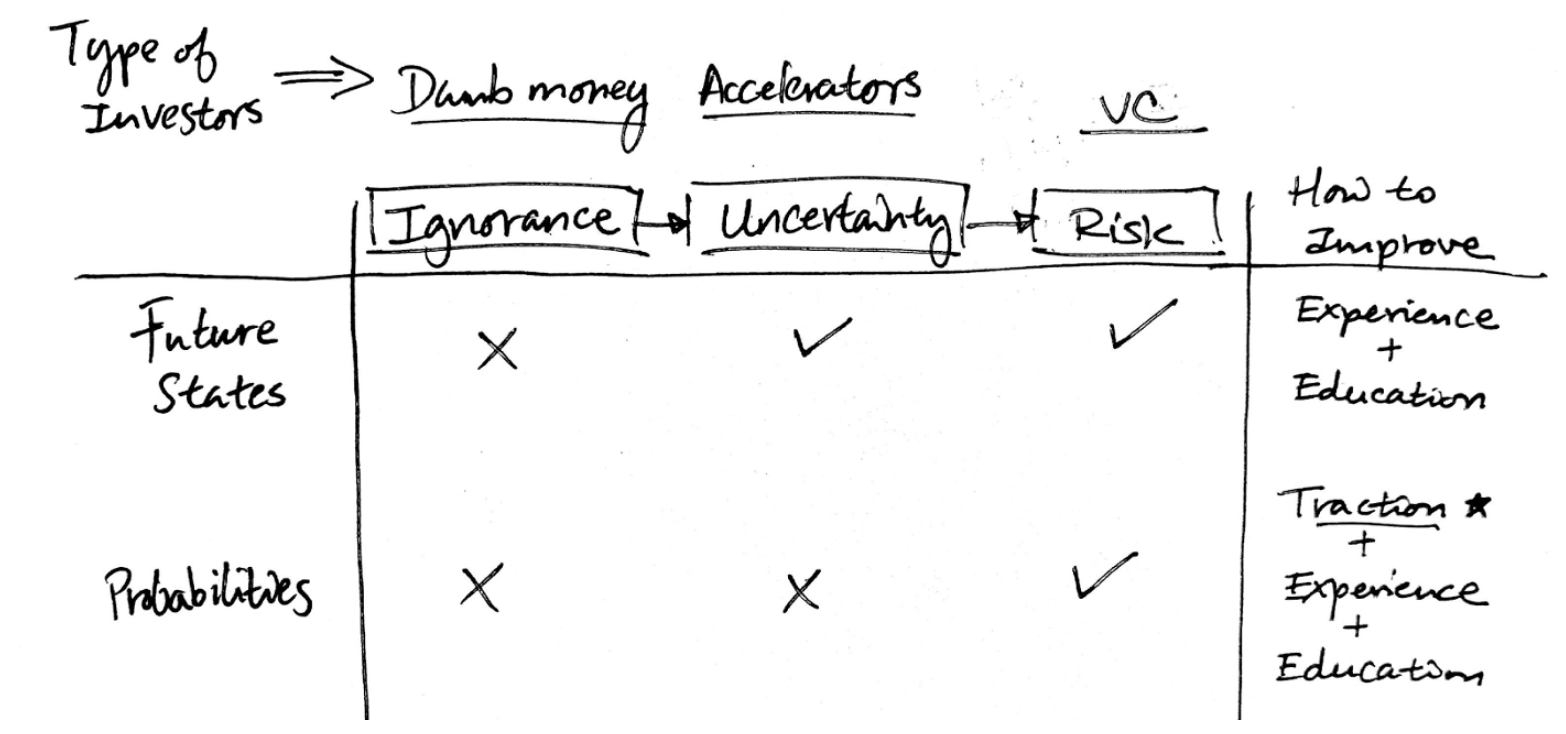Epiphany
[noun] The ultimate outcome of Epiphany Mapping. The moment you suddenly gain clarity - when all the dots connect.
Get free monthly mapping templates, frameworks and strategies for cutting through mental clutter, getting clear on your goals, and taking purpose-aligned action.
Scroll down to read past Epiphanies 👇
Beyond Prompts: From AI User to System Designer
Tired of being directed by AI? Learn how to design AI systems that serve your deeper purpose instead of just generating content. A practical approach with real-world impact.
How to Pick the Right AI Strategy: Cyborg vs Centaur
A study conducted by MIT/Harvard/Wharton and BCG show that consultants using AI performed much better and faster. Yet over reliance leads complacency and mediocre work. The key lies in matching your AI strategy with the task at hand.
What Can We Learn from the OpenAI Fallout?
Here’s how to turn messy world-changing news into an opportunity to upgrade your mental operating system.
Why Nearly Every Business Screws Up Strategic Planning
Strategic Planning is usually an arcane and misunderstood process. However Jerry Mings broke it down into the most digestible 4-part framework. I share my top 3 learnings from this insightful session here.
3 Steps to a Winning Business Strategy in the AI Age
In the AI age, it’s easier than ever for ordinary people to spin up a business and rake in millions. Yet 50% of entrepreneurs fail within 5 years. Steal my 3-part business strategy template to be one of the winners.
Silver & Steel
A framework to enhance our inner understanding and outer power, so that we can live informed and fulfilled lives in this rapidly changing world.
ShengGPT: The Future of AI Mind Mapping
What if we could “productize ourselves” as AI assistants trained in our unique world lens and methods of problem solving. Here’s a thought experiment to see how life would be if you had a personal Mind Mapper at your finger tips.
Mind Maps to Master Business Decisions
I’ll show you how to parse through complex business and product decisions that stumps even the most efficient organizations.
The More Tech = Happiness Fallacy
Technology increases human happiness potential, but only to an extent. A mindset shift towards gratitude is required to break this ceiling. Fortunately, we already have everything we need to step off the hedonic treadmill.
Dodging the AI Bullet
Artificial Intelligence is having a hay day with lucrative generated portraits and the powerful ChatGPT. But is it actually good for us humans?
Cracks in the Matrix
How should we approach complex events like the Russia-Ukraine conflict and form our own opinions without being overwhelmed by the news?
John Keynes Predicted Two Day Work Weeks - What Happened?
The economist John Maynard Keynes in 1930 predicted his grandkids would work just 15 hours a week. We’re definitely not there. What happened?
Russia’s Geography Problem
The invasion is widely framed through a single man’s ambitions, yet Putin is only the latest in a long line of Russian leaders who have had to cope with the same Russian map inherited across centuries.
How Business Models & Core Competencies Drive Competition: The Metaverse David + Goliath
A company is a slave to its business model, which predicts how it competes. The further a company gets away from its core competencies the more likely its endeavors will fail.
The Chaotic 4th Quadrant: Where Models Fail & Startups Become Monopolies
In a world of unpredictable rapid growth it’s the magnitude of the payoff that matters. Here’s how the best tech investors thrive in what legendary statistician Nassim Taleb calls the chaotic 4th Quadrant.
Market Signaling & Self Fulfilling Prophecies
When a company announces new products way ahead of when it actually launches, it sends a market signal to competitors, investors, partners, and talent, which increases the likelihood of the original announcement becoming reality.
Pandenomics: Why The Stock Market Took Off When The World Shut Down
The greatest stock market rally in history coincides with the worst (real) economic crash since the Great Depression — what gives?
Ignorance, Uncertainty, and Risk in Venture Investing
Everyone knows that startup investing is risky business. But what exactly is “risk”?
The Dalai Lama Protocol: Buddhism meets AI
With all the AI-related fears, what if we could build an AI based on the Buddhist philosophy of compassion and empathy?
